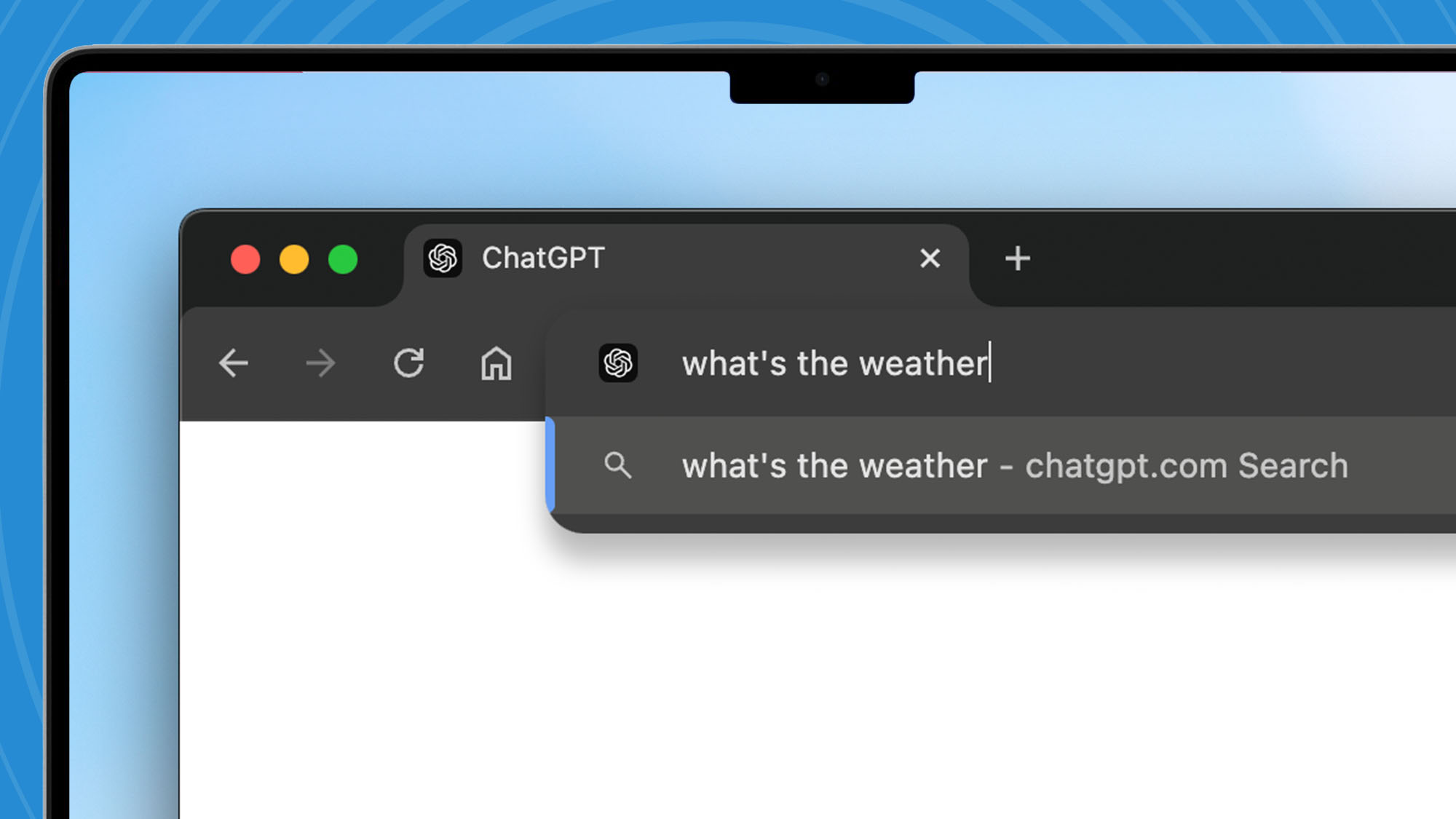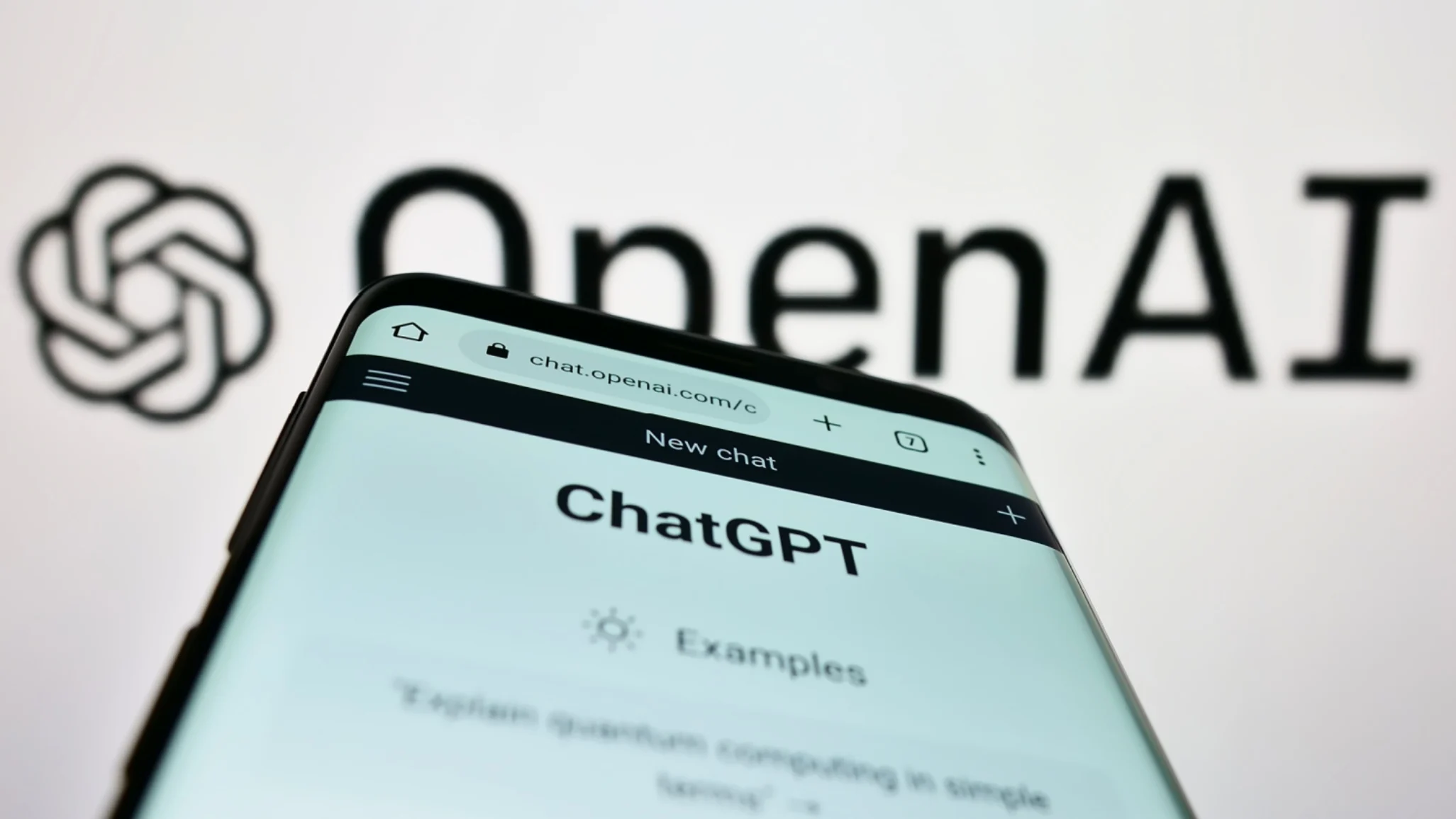For decades, people relied on traditional searches to find information online. For example, for gamblers, sites like this one here would prove to be a goldmine of data, which allowed them to figure out which operators to trust.
They would then manually search for the operators, place their wagers, and wait for their results. The same searches applied to numerous other things, including advice, checklists, and more.
But now, more people are turning to AI chatbots like ChatGPT in their search for information. The question is – does this mean that traditional searches are on their way out? Let’s review this in detail.

Can ChatGPT Replace Traditional Searches?
As artificial intelligence (AI) continues to gain traction, people have been wowed by what it can do, and some have even found that it makes their work much easier. But does it mean that it can replace the traditional searches? The answers are quite nuanced.
-
Instances When it Can Replace Traditional Searches
In the following instances, users may find that using ChatGPT might be the more effective approach:
- When you are looking for a quick answer or summary and do not want to read the whole article or paper.
- When you want to brainstorm, e.g., when you are planning a trip and want ideas for what people do in your destination.
- When you want to have a conversation instead of reading and synthesizing the information by yourself. With AI chatbots, you can ask follow-up questions to help you understand the areas where you need clarification.
- When you want technical help and want a step-by-step guide where you can deal with setbacks as they arise.
- When you need help with translations.
Thanks to these uses, ChatGPT and many chatbots like it prove to be effective when you want a fast and personalized answer, especially when you are short on time or are unfamiliar with the topic at hand.
-
Instances When it Can’t Replace Traditional Searches
As much as chatbots are fast and can adapt to your patterns and needs, they dull when it comes to Chrome tab sessions in the following situations:
- When you want real-time information: Chatbots often lag when it comes to real-time data, such as sports live scores, stock prices, or other data where time is of the essence. So, if you need the most accurate information, you may want to start typing in Chrome.
- When you want detailed information: In cases where you want to go through blogs or papers in depth, it’s much better to read the papers yourself, as chatbots often offer summaries that may not capture the nuances in the articles. In some cases, the bots can simplify the information or even capture information that is not in the original paper.
- When you want to verify the source: While chatbots are effective summarizers, they are known to make errors, which can be a challenge, especially if you are using the data for important work, such as a school paper or a work report. It’s always best to verify the information by checking the actual source.
- When you want to conduct research on different products: While ChatGPT can give you an overview of how much things cost and where you can buy them, it cannot browse e-commerce sites and provide accurate and detailed information. For example, if you want to buy a shirt and want to read reviews before the purchase, you are better off using your Chrome browser to go through what previous buyers have said.
- When you want to find local services or directions: Say, for example, that you want contacts and directions of the bakers operating in your town. With ChatGPT, you may not get accurate information, and you will have much better luck by conducting a traditional search where you can filter the options based on distance, ratings, and more.

With traditional searches, you are able to access billions of pages at a time and can thus find real-time and accurate information.
So, What Wins?
It all depends on what your goals are and how varied and accurate the information needs to be.
